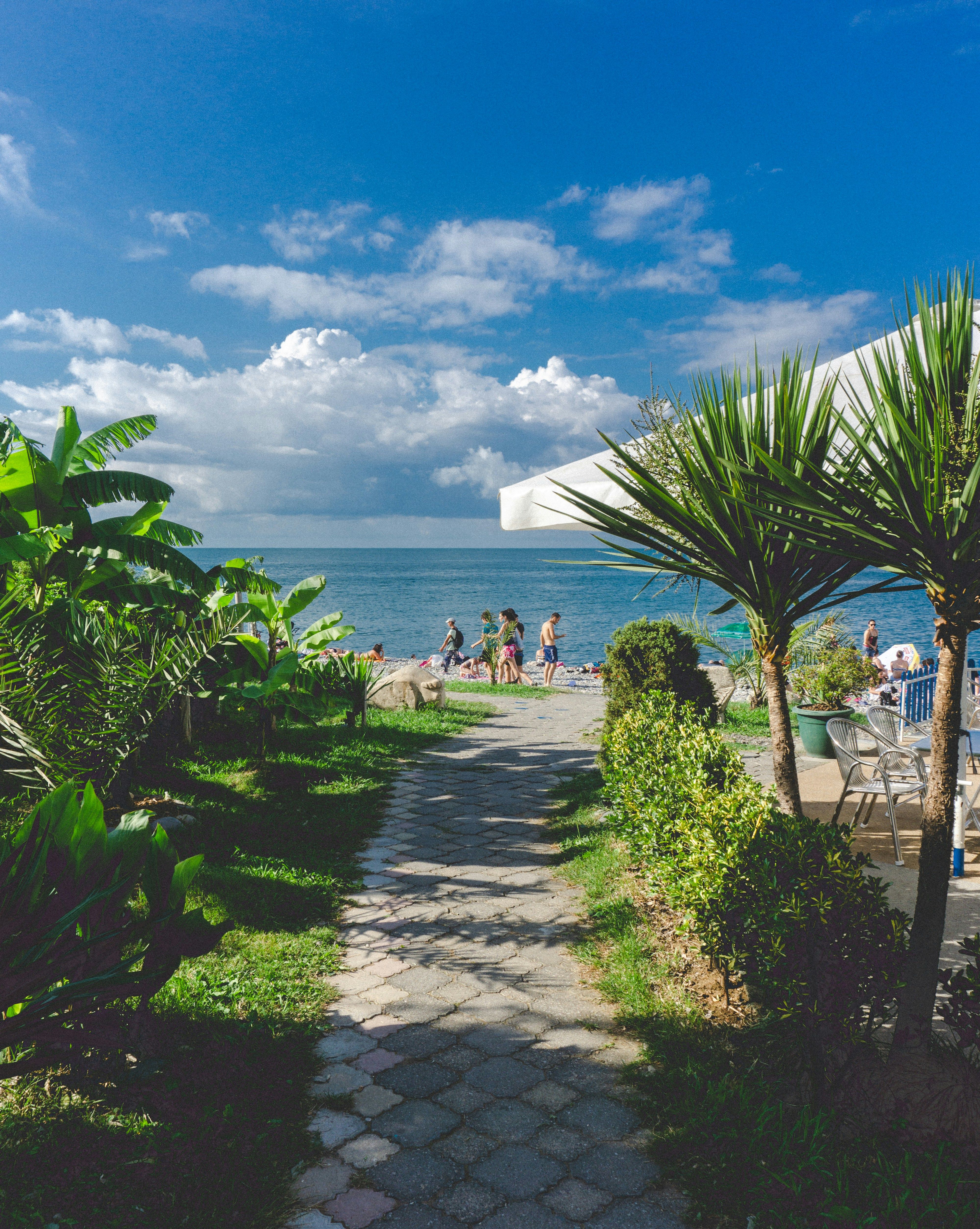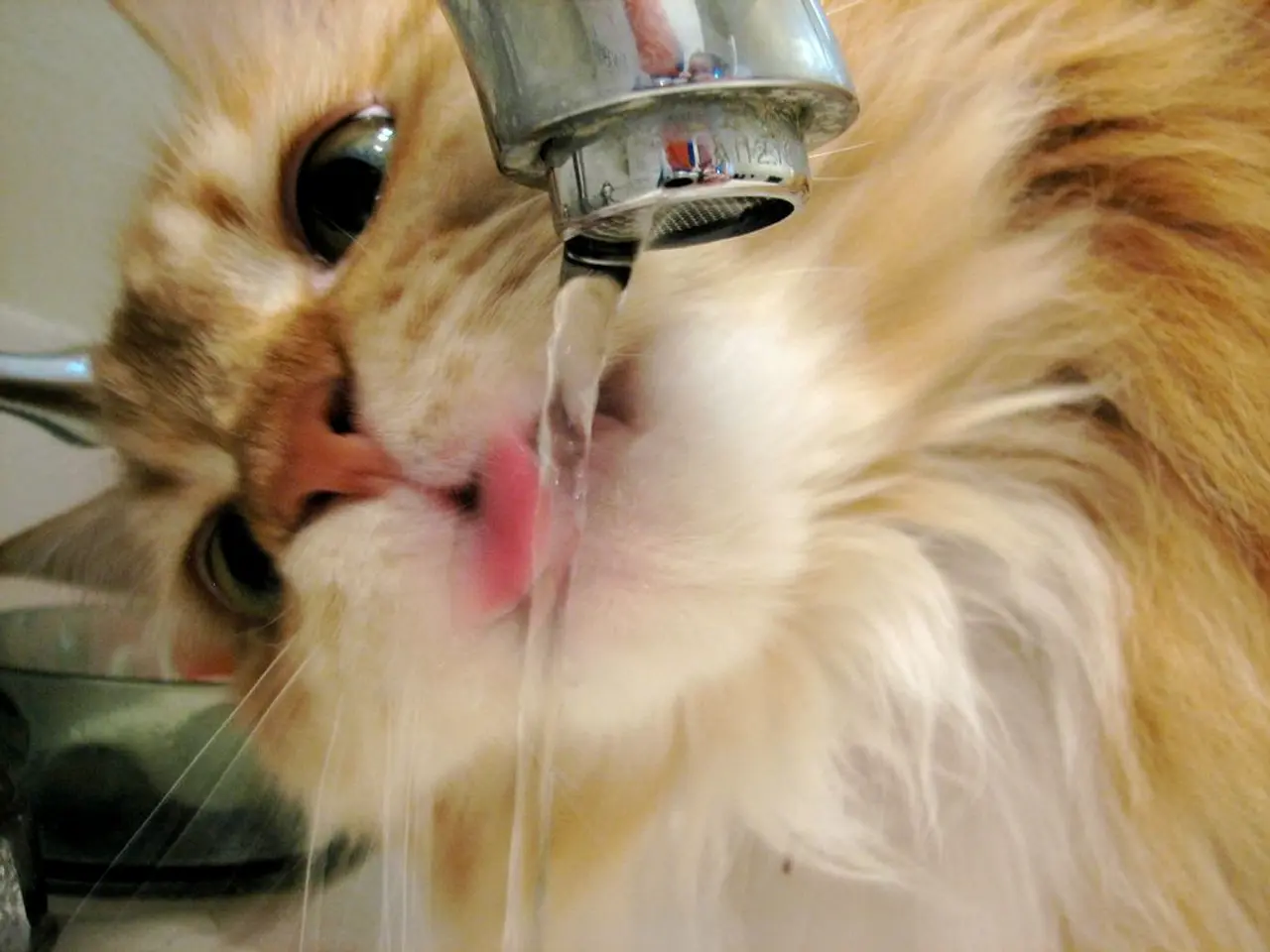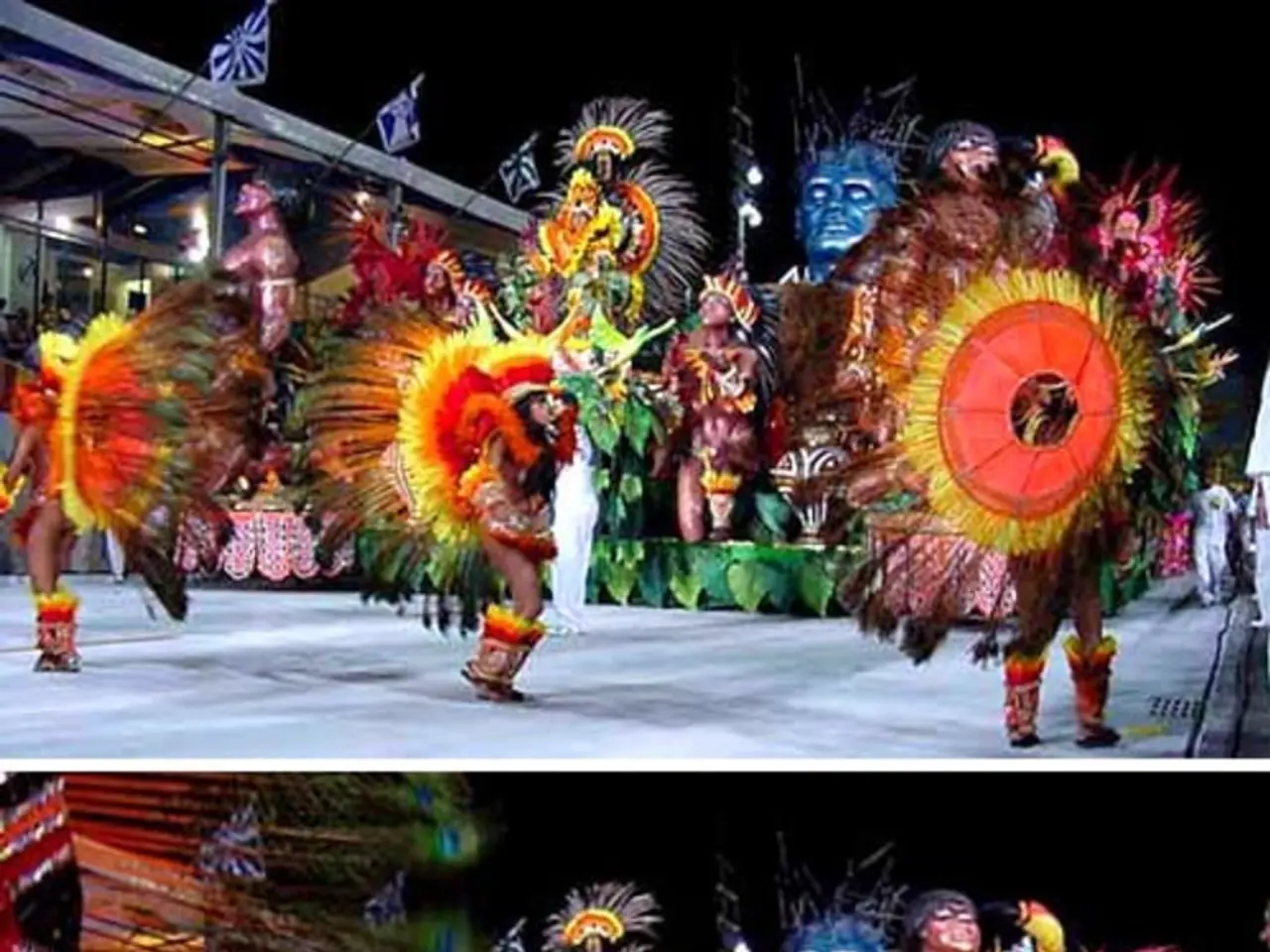Expanded Summerworkforce: Over 10,000 Lifeguards Active in North Rhine-Westphalia During Summer Months - Over 9,000 lifeguards keeping watch across North Rhine-Westphalia during summer season.
Ramped-Up Water Safety Measures: Thousands of Lifeguards Protecting Bathers in North Rhine-Westphalia
This summer, approximately 10,000 lifeguards employed by the German Life-Saving Association (DLRG) will safeguard swimmers and water sport enthusiasts across North Rhine-Westphalia (NRW). This marks the third consecutive year the state has seen more than 9,500 DLRG lifeguards on duty.
These lifeguards will oversee nearly 200 lakes, rivers, and almost 200 swimming pools across NRW. Their tasks span from patrolling the waters, offering first aid, searching for missing persons, and being on standby when someone is in distress.
In the past two years alone, DLRG lifeguards in NRW have rescued over 230 individuals from drowning and assisted approximately 9,000 others. However, it's essential to emphasize that lifeguards can't always prevent accidents as they may not be present at unguarded rivers and lakes. Regrettably, 57 drowning deaths were recorded in NRW last year, a rise from the previous year.
To raise awareness and minimize risks, DLRG and local authorities advocate against swimming in unsupervised areas like the Rhine, as the Rhine is inherently dangerous. Moreover, lifeguards caution against jumping into cold water, diving into murky or unknown waters, and other potentially hazardous behaviors.
Membership with DLRG in NRW is on the rise, with the organization boasting over 164,000 members at the end of 2024 - a record high and a 13,000-member increase from ten years prior. The rising membership has led to a higher number of volunteer swimming instructors, certified lifeguards, and thriving junior teams.
Last year, 9,100 volunteers across NRW provided swimming instruction, teaching nearly 11,000 children the Seepferdchen badge, a prerequisite for learning to swim. Over 21,600 children, young people, and adults also earned a bronze, silver, or gold swimming badge in NRW.
Beyond NRW's borders, DLRG lifeguards can be found on duty at the North and Baltic Seas, helping to ensure vacationers' safety during peak seasons. Approximately 1,000 lifeguards from NRW's DLRG associations take turns assisting with water rescue efforts during their holidays.
The seaside resorts cover travel costs, accommodation, and daily allowances for these volunteers, who patrol over 100 guarded beach sections that span from Borkum to Usedom.
The community in North Rhine-Westphalia (NRW) could benefit from incorporating vocational training programs in health-and-wellness and science, such as lifesaving techniques and first aid, to further enhance the skills of their lifeguards. With the rise in DLRG membership in NRW, it would be beneficial to provide vocational training opportunities in vocational training centers or through partnerships with local educational institutions, targeting youth and adults alike. This could result in a more knowledgeable, efficient, and proactive water safety workforce, reducing the number of drowning accidents and contributing to a healthier community overall.




